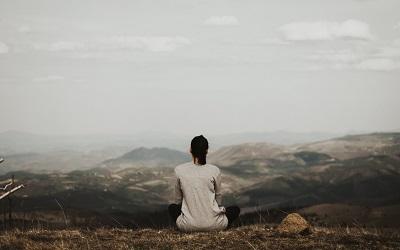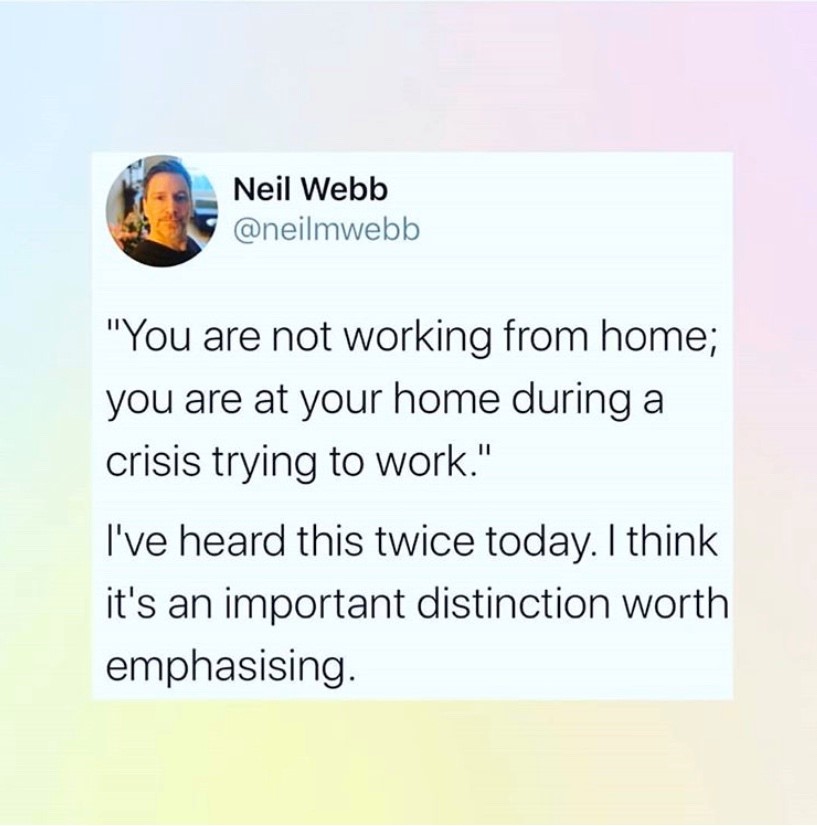You are here
- Home
- Business and Law in the time of Covid-19 archive
- PhD-ing during quarantine
PhD-ing during quarantine

Laura Noakes is a Legal Historian and an expert in early women barristers. She is currently completing a PhD at The Open University School of Law. Her research examines the relationship between the women’s suffrage movement and early women lawyers through detailed contextual consideration of two women: Elsie Bowerman and Chrystal Macmillan.
Laura has written for The Olive Fox and Kettle Magazine. She wrote this blog specifically for our Business and Law in the time of COVID-19 series and it was published on 17 July 2020.
It’s a scary time. Much of the world is still on lockdown in order to prevent the spread of COVID-19, and there’s uncertainty to when (and if) all of this will end anytime soon. Although some things are slowly beginning to return to a sort of normality, there is a lot of worry and anxiety around, and as a PhD student whose funding is due to end in September (!!!) I am not immune to that worry.
I know how lucky I am. I am lucky to be in the final year (if all things go to plan) of my PhD, I am lucky that my sources are primarily archival in nature and that I have already collected the vast majority of them (because really, do historians EVER stop wanting to visit archives?!), I am lucky that I have funding at all in the first place, and that I have a job that I can continue doing from home. I feel desperately sad for students who are lab-based, who are still collecting and collating sources, who can’t–for a myriad of complex and interlinking reasons–continue with their studies.
But I’m also a bit sad and deflated. I’m sad that events and courses and conferences I was looking forward to have been cancelled. I’m sad that I can’t work in libraries, cafes or archives. I wish my supervisory meetings didn’t have to be on Skype. I’m scared about what effect COVID-19 will have on the job market in my profession, one that I will be entering, terrifying-ly, very soon.
Interested in a PhD Studentship with The Open University Business and Law Schools? We are inviting applications for a number of full-time funded PhD studentships beginning 1 February 2021 on ‘Responding to COVID-19 and the Climate Emergency’.
I’m also constantly having to remind myself that these feelings are valid and okay to have. That this situation is complex, and it’s normal to feel disappointed and sad whilst also acknowledging the huge sacrifice done by key-workers around the world and the grief experienced by those who have lost loved ones to this pandemic.
The other thing I’m trying to drill into my head is this: it’s okay not to be doing as much/any work as you would normally do right now. I am a workaholic, and getting behind (on deadlines that I have inevitably created for myself) gives me genuine worry. And if I’m honest, I am behind. My work is inevitably slower–the ever evolving news cycle, the constant worry for health of family and friends, and probably most practically–the inability to pop out and pick up a library book I need to peruse–has had an effect.
And to be honest, I wasn’t doing a very good job of managing my anxieties. Then I saw this quote from @neilmwebb on twitter:
 I think part of the reason I was struggling with PhD-ing in quarantine was because I work from home pretty frequently as it is. I was berating myself for not continuing at my normal pace, taking a couple more mental health days than usual and generally being a rubbish student. After all, this is similar to my normal work from home situation. BUT IT’S NOT. I think this tweet demonstrates just how difficult it is to continue working, even when you’re used to working from home.
I think part of the reason I was struggling with PhD-ing in quarantine was because I work from home pretty frequently as it is. I was berating myself for not continuing at my normal pace, taking a couple more mental health days than usual and generally being a rubbish student. After all, this is similar to my normal work from home situation. BUT IT’S NOT. I think this tweet demonstrates just how difficult it is to continue working, even when you’re used to working from home.
I wanted to write this in case there were other people feeling this way and needing something to feel a bit calmer about everything that’s going on in the world right now. I hope you are staying healthy, and happy and I hope that, student or not, you’re not being too hard on yourself right now.
Now is the time for kindness. Especially towards yourself.
If you need extra support during this difficult time, Open University employees and PhD students can access free mental health support from The Big White Wall. The NHS also has a range of online resources.
Never be afraid to reach out. You are not alone.